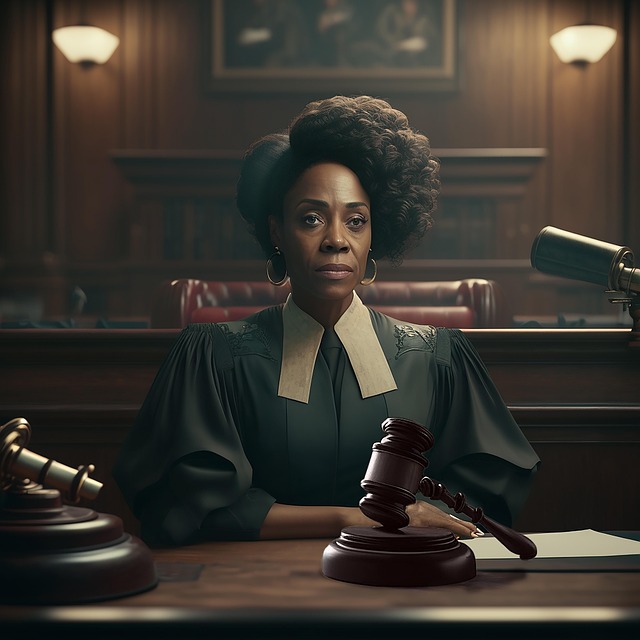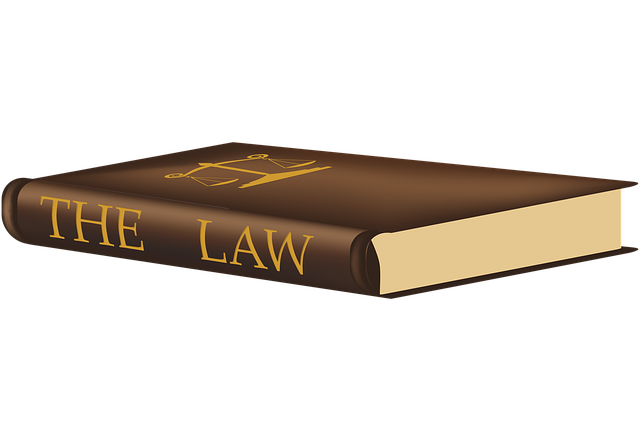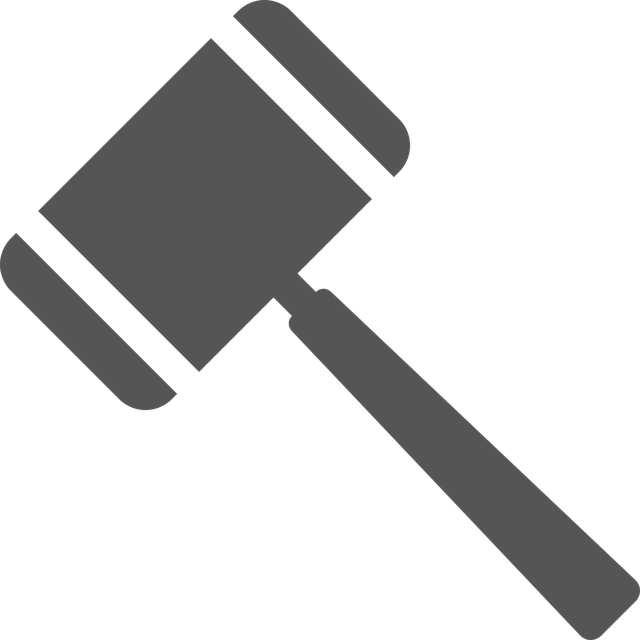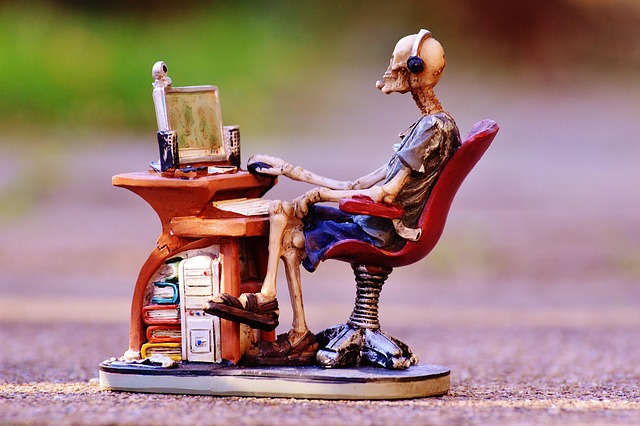“Are you seeking personal injury legal advice after a motor vehicle accident? Understanding your rights is crucial. This comprehensive guide delves into the intricacies of personal injury claims, empowering you with knowledge. From gathering essential evidence and documenting injuries to navigating the legal process, we’ll walk you through each step.
Gain insights into what constitutes compensation and how to secure expert legal guidance. Optimize your recovery journey with this essential personal injury legal advice.”
- Understanding Personal Injury Claims After a Motor Vehicle Accident
- Gathering Evidence and Documenting Your Injuries
- Navigating the Legal Process: From Consultation to Compensation
Understanding Personal Injury Claims After a Motor Vehicle Accident
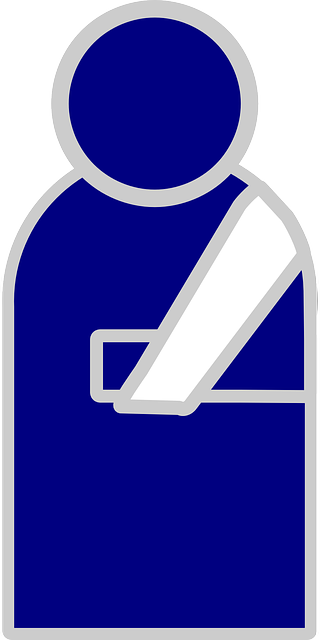
After a motor vehicle accident, understanding your personal injury claims is crucial. The first step involves assessing any injuries sustained and seeking immediate medical attention to document these injuries. This documentation is essential for building a solid case when pursuing personal injury legal advice. It also includes gathering evidence such as police reports, witness statements, and photos of the accident scene, which can significantly strengthen your claim.
While dealing with insurance companies might seem straightforward, navigating commercial disputes or real estate disputes, for instance, often requires specialized knowledge. Even seemingly simple cases can turn complex when dealing with issues like breach of contract or liability determinations. Engaging a lawyer specializing in personal injury law ensures you have an expert advocating on your behalf, guiding you through the legal process, and helping to secure the compensation you deserve.
Gathering Evidence and Documenting Your Injuries
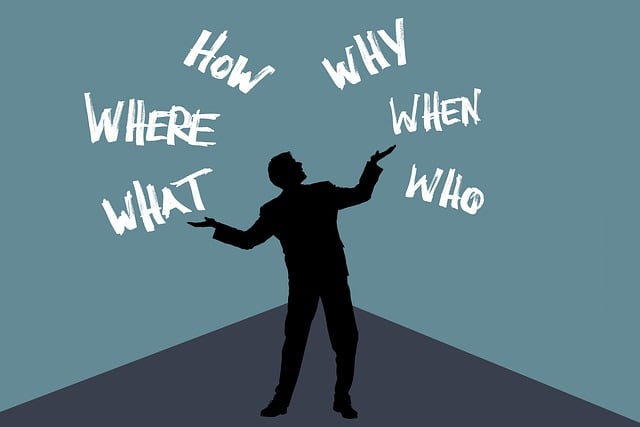
After a motor vehicle accident, gathering evidence and documenting your injuries are crucial steps in pursuing personal injury legal advice. Take photos of the accident scene, including any visible damage to vehicles, road conditions, and nearby structures. Collect contact information from other drivers involved, as well as witnesses who may have seen the incident. Save all medical records, bills, and prescriptions related to your injuries, as these documents will be essential for building a strong case.
Keep detailed records of your injuries, including dates, descriptions, and any treatments or procedures you’ve undergone. Document any pain, discomfort, or limitations in your daily activities caused by the accident. This information will help when determining the extent of your damages and negotiating potential accident settlements. Remember, thorough documentation can significantly impact the outcome of your personal injury case, making it vital to gather and organize evidence meticulously.
Navigating the Legal Process: From Consultation to Compensation

Navigating the legal process after a motor vehicle accident can be daunting. The first step is to seek personal injury legal advice from an experienced attorney. During a consultation, they will assess the details of your case, including liability, the extent of injuries, and available evidence. Based on this evaluation, your lawyer will explain your rights, potential compensation, and the best course of action.
This process involves several stages, from filing a claim with the at-fault driver’s insurance company to potentially pursuing legal action in court. A skilled legal representative can help you understand complex procedures, negotiate settlements, and even mitigate damages by addressing homeowner insurance claims or seeking compensation for pain and suffering resulting from fiduciary duty breaches.

